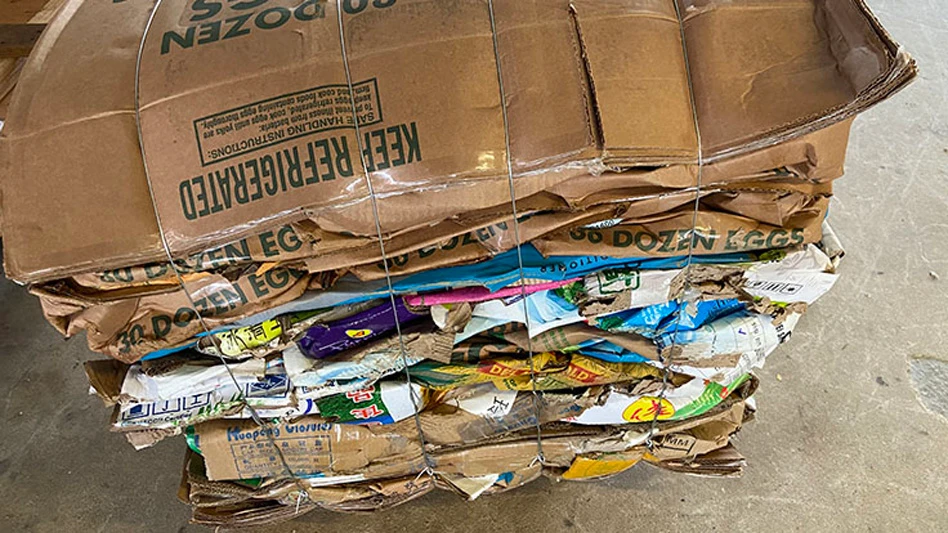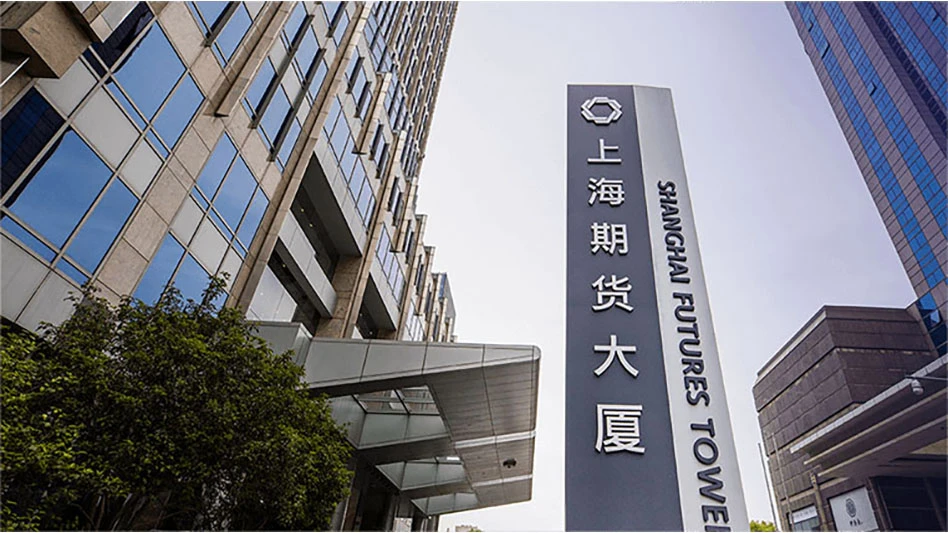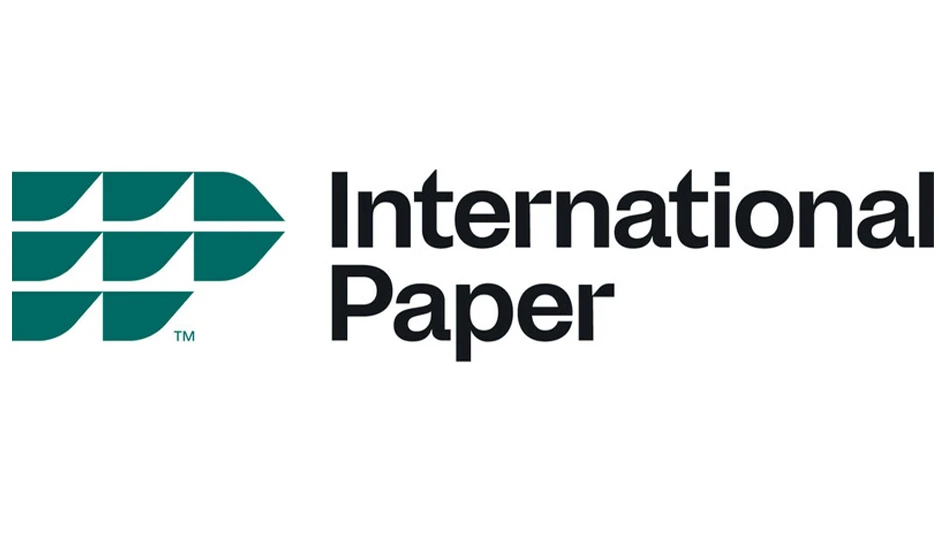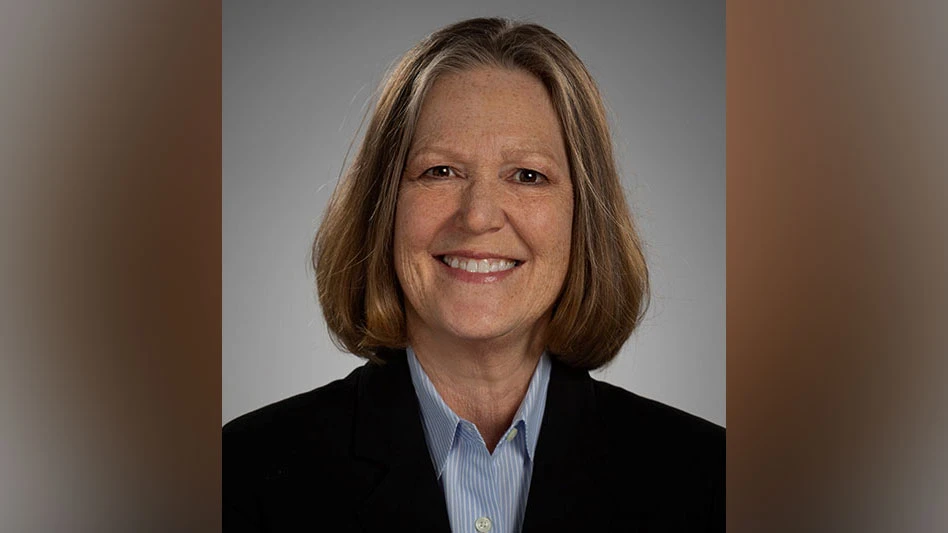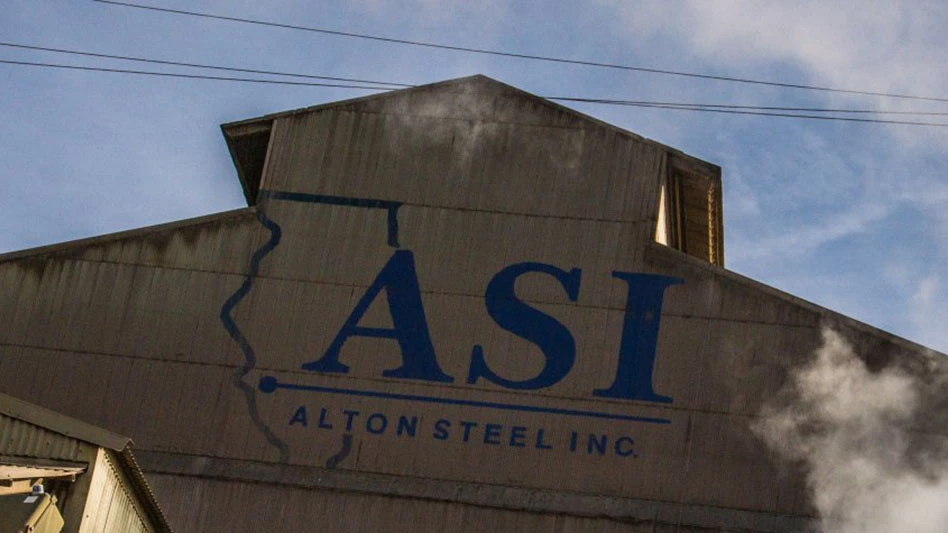
Photo courtesy of the Bureau of International Recycling
Negotiations for a global plastics treaty are scheduled to resume Aug. 5-14 at the Palais des Nations in Geneva, but speakers at the most recent Bureau of International Recycling (BIR) Convention & Exhibition warned that talks could grind to a halt with no consensus.
The BIR hosted its event in Valencia, Spain, May 26-28. During the meeting of the Brussels-based organization’s Plastics Division, Alev Somer, BIR trade and environmental director, said that the second part of the fifth session of the Intergovernmental Negotiating Committee, or INC-5.2, is intended to develop a legally binding instrument addressing plastic pollution, and would cover plastics for both single-use and long-term use.
RELATED: Plastics treaty talks to resume in August | INC-5 concludes without global agreement on plastics treaty
With the proposals, Somer said, plastics recycling was in sharp focus.
“Since 2022, we at the United Nations Intergovernmental Negotiating Committee have been discussing reaching the ultimate goal of a plastics treaty that would address the whole life cycle of plastics and actually, perhaps, support the recycling industry. This treaty would be addressing plastic pollution not only on land, but also at sea.”
However, Somer said the “waste part” of the proposed treaty “is really dividing the negotiating committee into two groups, with low-ambition countries, oil-producing countries, pushing for it to be addressed only at the end of life so that they don’t have to do any changes in terms of their production and keep the commitments light with a voluntary agreement, and high-ambition countries pushing for the treaty to be legally binding and covering the entire life cycle of plastics.”
Summing up the progress, Somer said, “Basically, it’s like the Ottoman march. You make two steps forward and then one step back.”
When asked by session moderator and BIR Plastics Division President Henk Alssema if there was a real chance of a deal being signed, Somer said, “I think miracles can happen. But to be honest, no, I do not frankly see a binding treaty signed at the end of the session 5.2 unless there is tremendous progress, and then there might be further negotiations.”
Somer also said she had spoken with the secretariat working on the proposed treaty, who explained that if no agreement is reached at INC-5.2, the resources and budget do not exist to continue the negotiations. Instead, Somer suggested that more action could be taken through the Basel Convention on Plastics and other platforms, such as the Stockholm Convention, where persistent organic pollutants (POPs), could be addressed to potentially reduce the use of chemicals in plastics.
Markets and EPR
Sally Houghton, Plastics Division board member and the executive director at the PET Recycling Corp. of California, described the implementation of extended producer responsibility legislation for packaging in the United States as “exciting times,” though that same sentiment wasn’t being felt by domestic plastic recyclers at the moment, citing competition from inexpensive imported postconsumer resin (PCR).
“The problem we’re seeing in California is we have such an influx of cheap PCR coming into the state,” Houghton said.”
Regarding EPR, board member Max Craipeau, also of Hong Kong-based Greencore Resources Ltd., said he felt that the best policy included a “push-pull mechanism with a minimum recycled content obligation, because if brands have no other choice but to include a certain portion of recycled content in their product, then upstream, downstream, the collection, everything is reorganizing itself because the demand is there.
“The pricing becomes attractive, the investment becomes a reality, and this is definitely why the BIR should be pushing for more such legislation.”
Commenting on global resin markets, Bashar Gadawala of ALA Group & Fam Recycling FZCO, United Arab Emirates, said there is a lot of raw material availability and polymer prices are dropping, especially virgin material, which has affected its recycled counterpart.
Craipeau added, “The impact of virgin is huge on our market. It’s not necessarily the case for the other commodities like metals and everything. But for us, we are really always coupled with virgin material prices.
“One of the major producing costs for beverage companies is the bottle itself, the container. So, when you have cheap virgin PET [polyethylene terephthalate], which you can find these days at $800, whereas recycled is almost twice this, it’s an easy choice for them to do unless they have clear regulation and mandates that oblige them to incorporate recycled content.”
Latest from Recycling Today
- Solarcycle’s Cedartown, Georgia, recycling facility opens
- Stadler equips Spanish MRF
- SSAB finishes 2025 with decreased revenue
- Vecoplan appoints CFO
- Aurubis raises full-year forecast
- Levitated Metals adds LIBS sorting technology
- Redwood Materials closes on $425M in Series E financing
- Updated: Wieland Chase expands northwest Ohio facility
